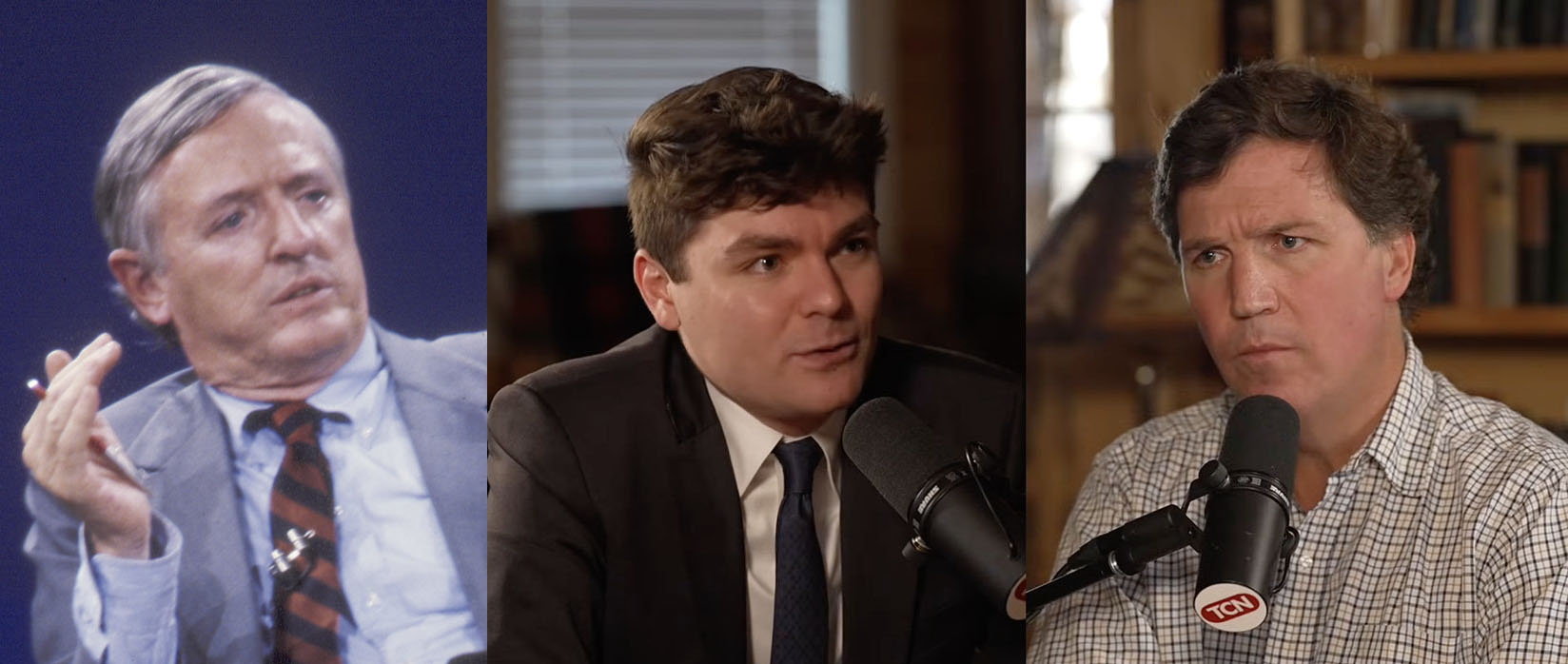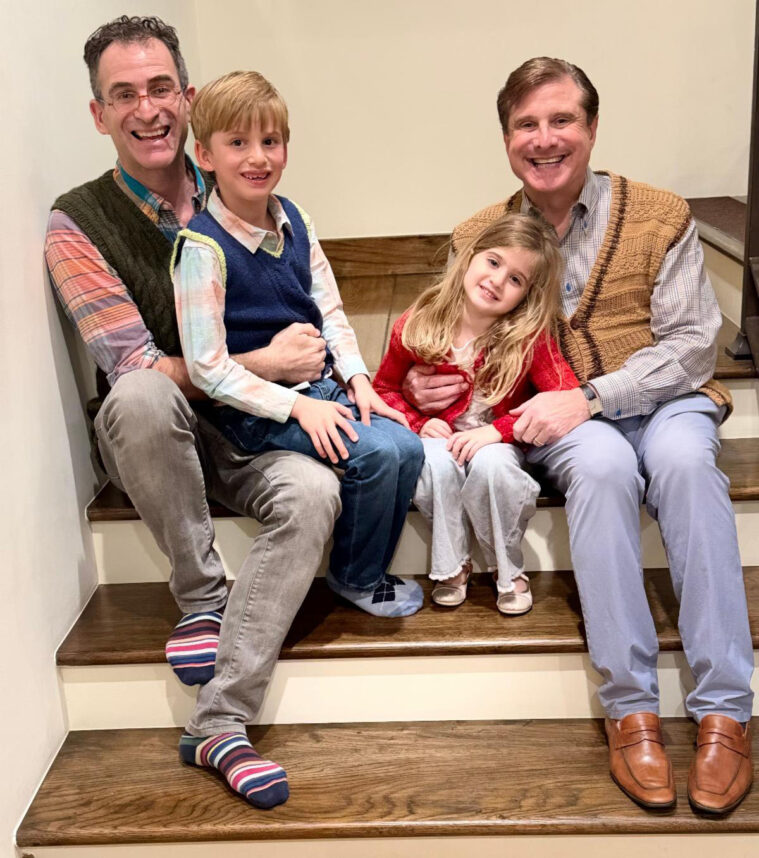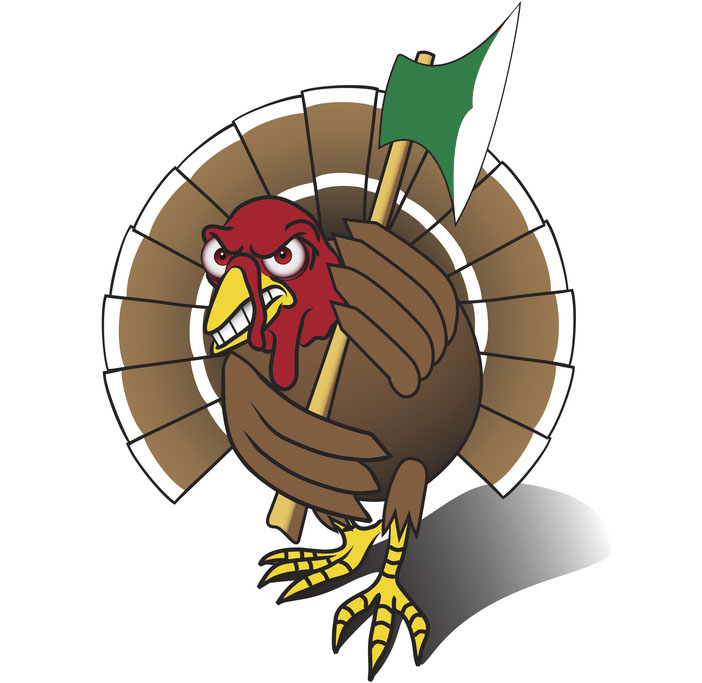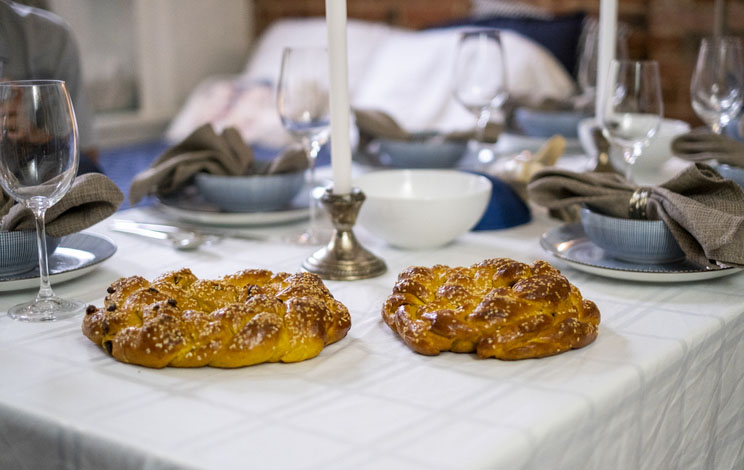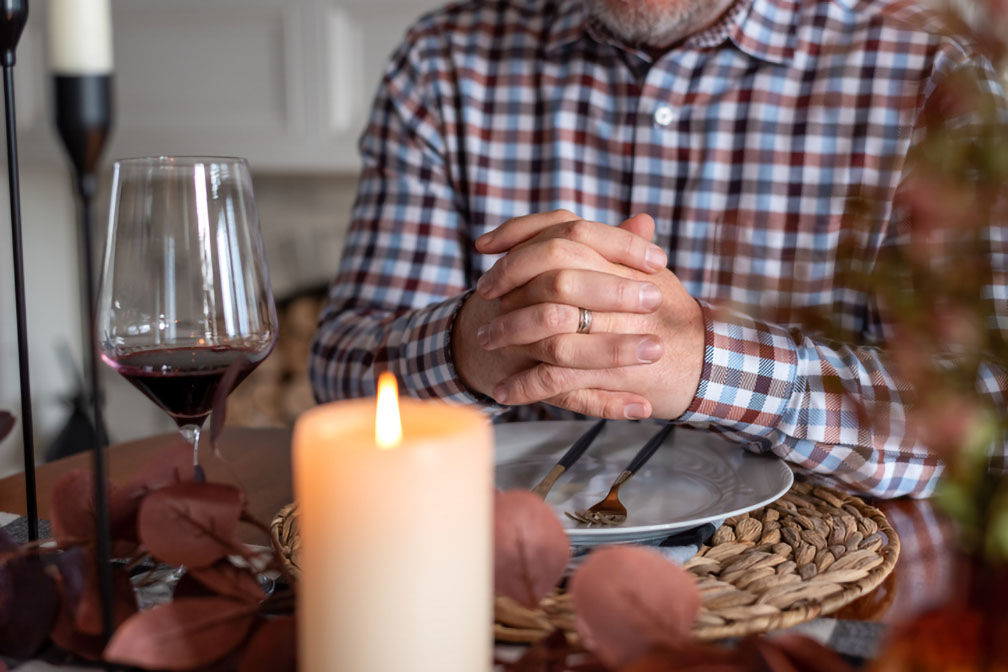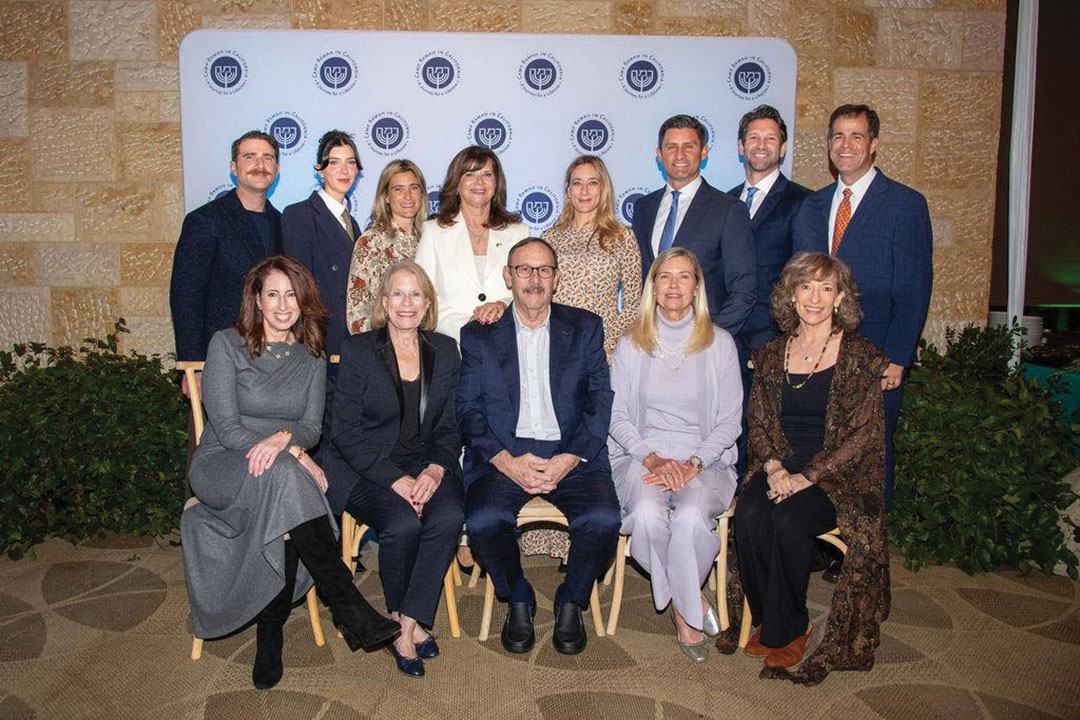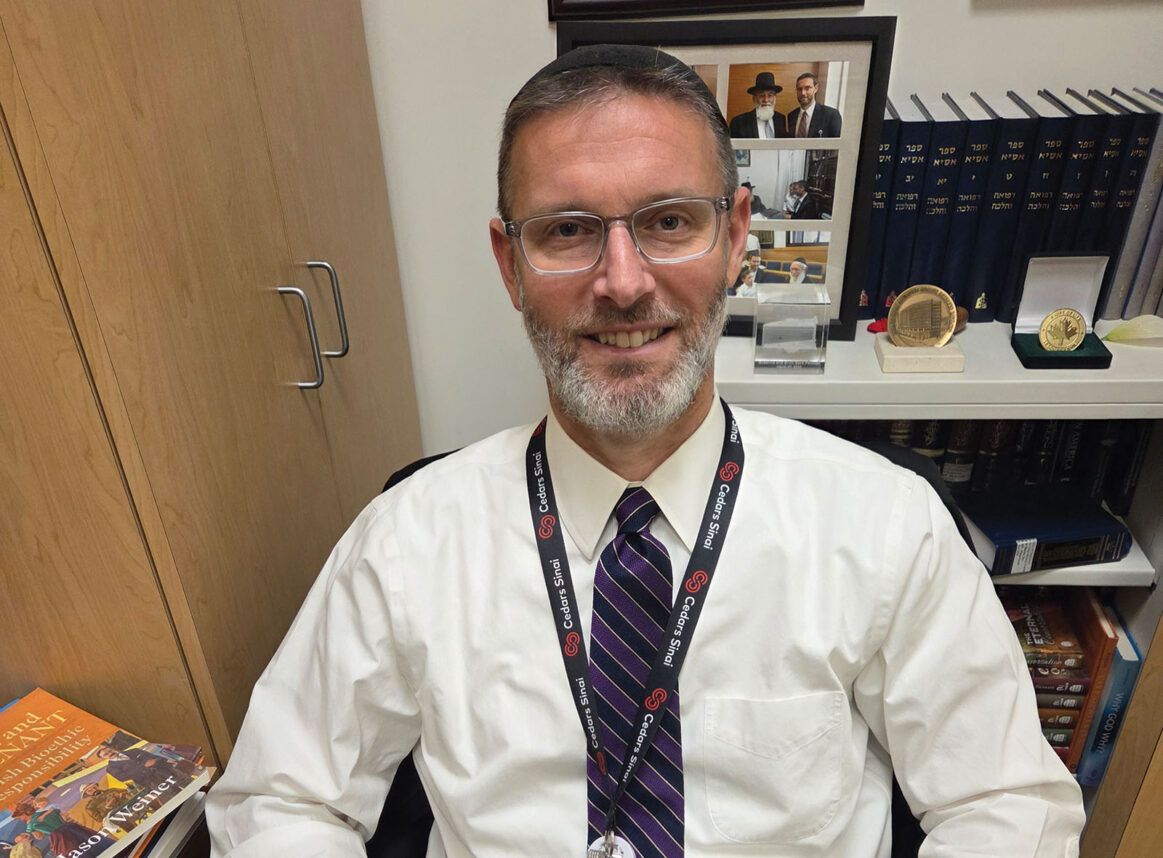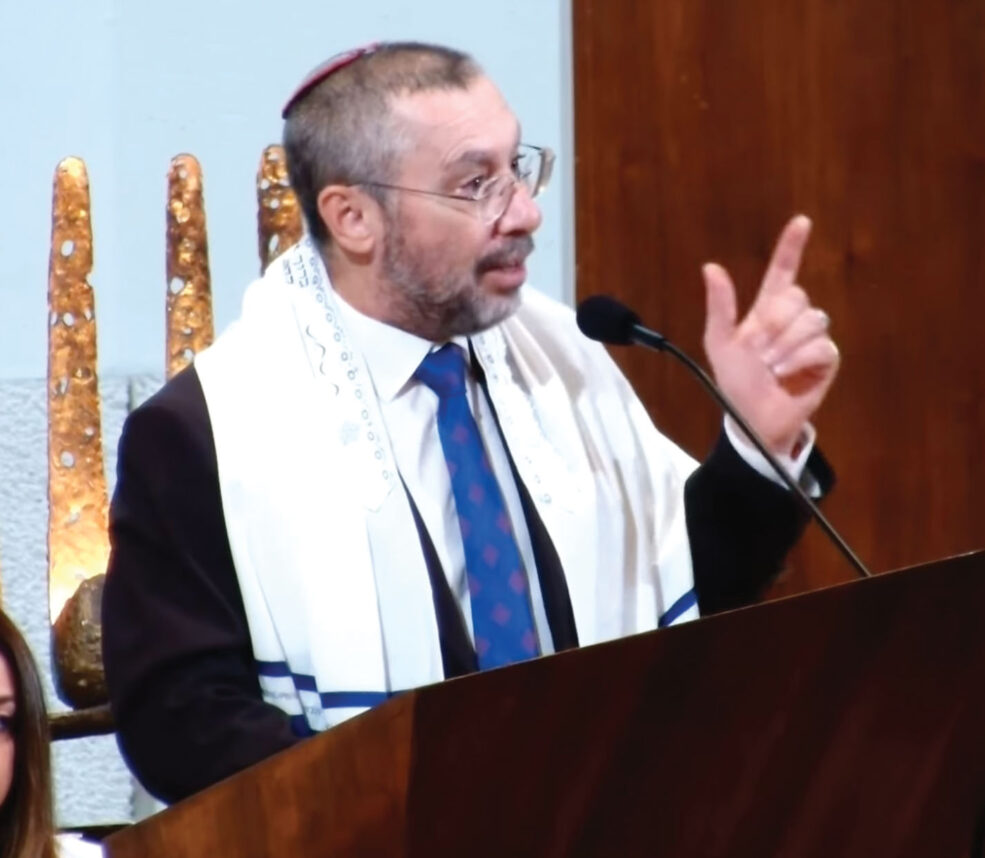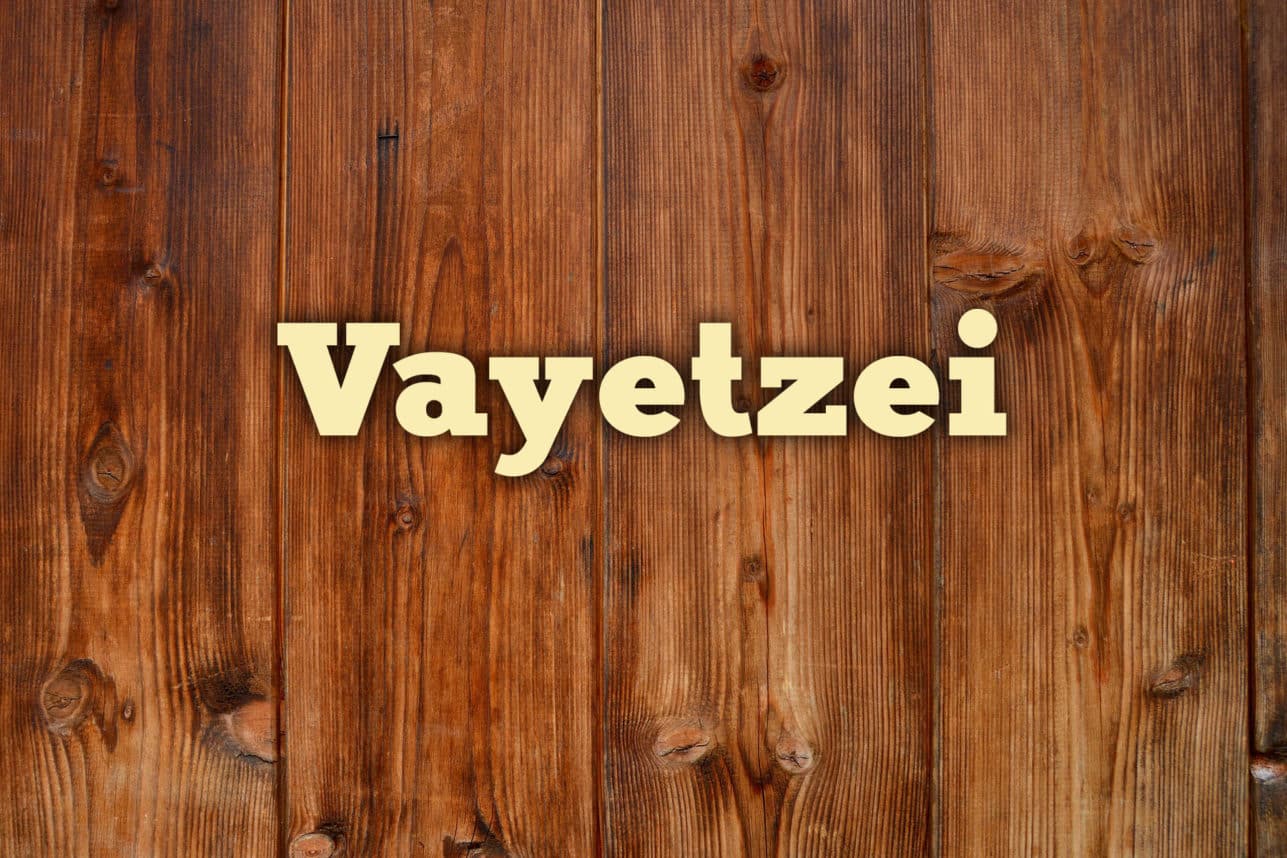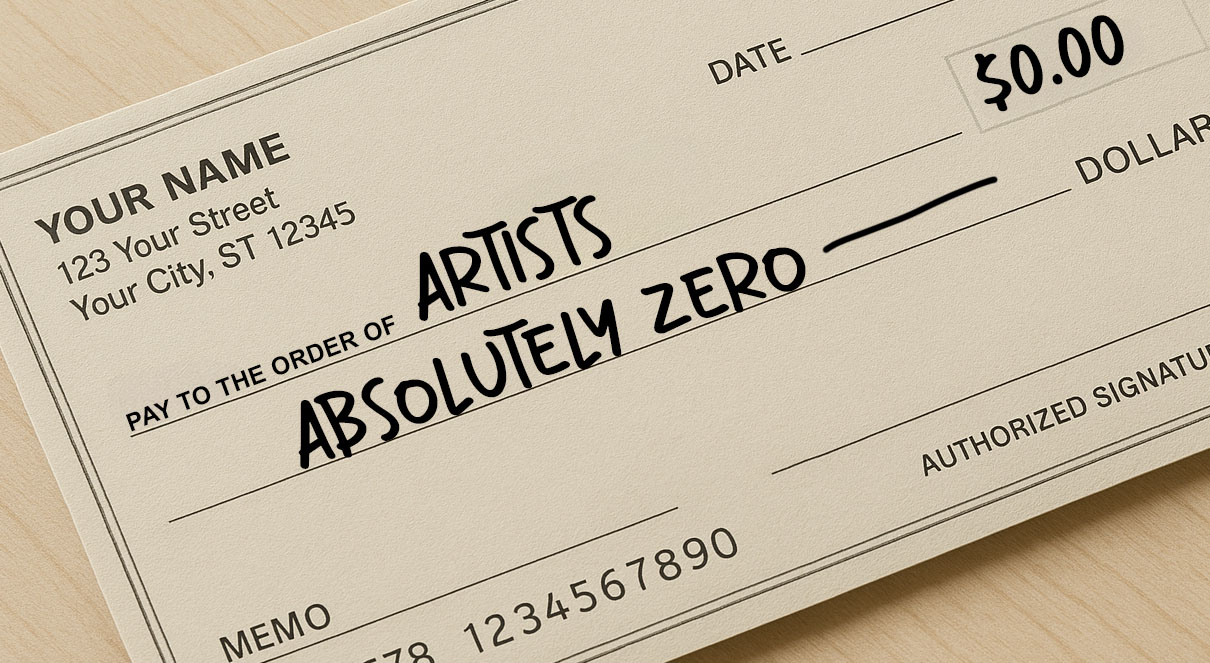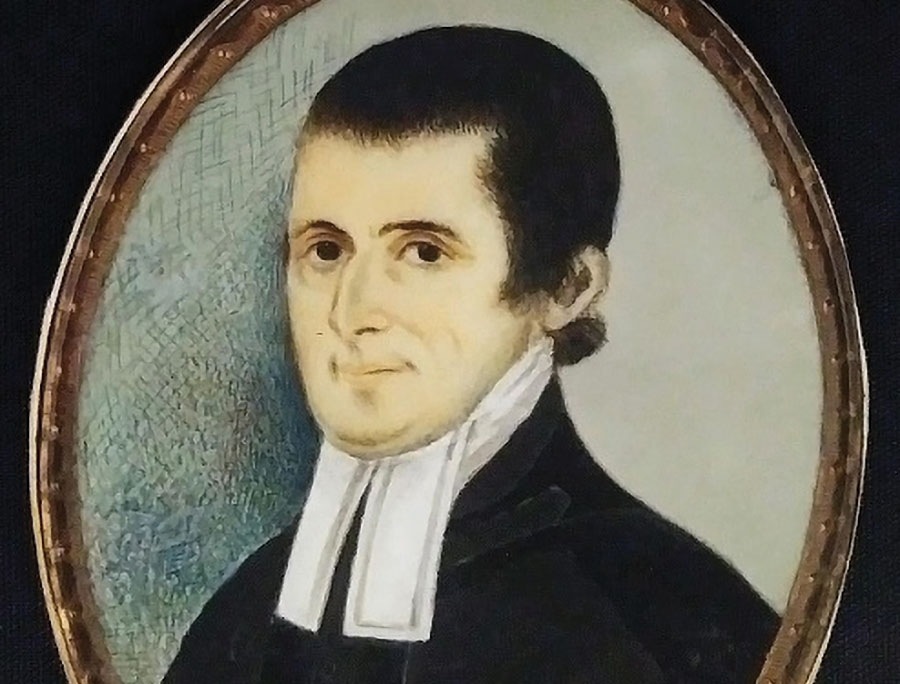In 1975, Leah Lax — 19 and relatively new to Orthodoxy — walked with trepidation into the office of her Orthodox rabbi at the University of Texas at Austin.
“[He] had a gruff style and a dismissive manner with women,” Lax writes in her new memoir, “Uncovered: How I Left Hasidic Life and Finally Came Home” (She Writes Press). “I was simply afraid, struck silent.”
The rabbi promptly told her that a graduate engineering student named Levi Lax wanted to marry her; she barely knew her potential groom.
“But I didn’t have the assertiveness or the voice to say, ‘I don’t want to do this,’ ” she said during a telephone interview from her home in Houston. “I felt compelled because we were supposed to be soldiers of God, and to say no [in my mind] would be to have said that I had failed as a Chasidic woman.”
As a repressed lesbian and the daughter of abusive parents, Lax had sought shelter among the Chasidim since age 16; observant Judaism, she said, was a way to rebel against her “uber-liberal, uber-secular” parents, as well as to provide “structure and meaning in my chaotic life.” Turning to Chasidism was also a means of squelching the confusion she felt regarding her desire for women.
And so, six months later, she found herself standing under the chuppah with her stranger of a bridegroom. Lax’s memoir describes how, over the next 30 years, she bore seven children; despite her bourgeoning doubts about the religion and what she perceived as its constraints upon women, she lost herself in her love for her children and in the bustle of running a busy religious household. The change came only when her budding writing career and emerging lesbian identity finally led her to leave the fold in 2003.
“Uncovered” is one of a number of recent memoirs written by women who have fled ultra-Orthodoxy, including Deborah Feldman’s “Unorthodox: The Scandalous Rejection of My Chasidic Roots” and Leah Vincent’s “Cut Me Loose: Sin and Salvation After My Ultra-Orthodox Girlhood.” But Lax’s autobiography stands apart as perhaps the first to chronicle the saga of a lesbian who spent three decades in the Chasidic world.
“I had crushes on girls even at 7 or 8 years old,” Lax told the Journal. She recalled how, in grade school, a teacher rebuked her for holding hands with another girl, who thereafter refused to speak to her. “I didn’t understand; I just knew I felt this amorphous shame,” she said.
Lax — who will appear at readings of her memoir at Book Soup on Sept. 4 and at congregation Beth Chayim Chadashim on Sept. 5 as part of Selikot services — found little solace within her childhood home in Dallas. She described her mother as distant, preoccupied with her painting and as a hoarder of everything from junk mail to empty tuna cans. Lax said she believes her father sexually abused her when she was a small girl, before he succumbed to bipolar disorder and underwent hospitalizations and electroshock therapy.
Seeking a safe haven away from home, the teenage Lax began exploring her religion, enrolling in introduction to Judaism classes at her Reform synagogue and attending a Lubavitch Shabbat conclave at age 16. “I saw men dancing arm in arm who kissed each other, and women in each others’ personal space, whispering into each others’ ears, placing a hand on a shoulder or an arm around a waist,” she said.
“There were these enormous homoerotic undertones to this Orthodox world,” Lax continued. “I [believed], if you follow the rules, you will belong among these women who will surround you and touch you. Looking back, I was searching for that clear identity when I just felt different and I didn’t know who I was.”
“Uncovered” goes on to recount her wedding and her difficult early years of marriage to a husband who she describes as monosyllabic and neglectful. She gave up her musical studies as “too secular” but gradually became disillusioned with what she perceived as rote ritual, the forbidden nature of her sexuality and rabbis who claimed changing a diaper was akin to the holiest of prayers. At night, she was tormented by erotic lesbian dreams.
It was only after Lax underwent an abortion to terminate a life-threatening pregnancy that she began secretly writing fiction in the wee hours, initially to curb her sorrow over the lost child. Gay characters who chafed against Chasidism started to appear in her stories, one of them a teenager who commits suicide. When that story appeared in Moment Magazine, an influential rabbi telephoned Lax to express his anger about her airing of the community’s dirty laundry.
Nevertheless, she continued her writing and was accepted into the graduate creative writing program at the University of Houston, where a New York agent discovered her work and urged Lax to write what would become her memoir. At a writers’ retreat for women, Lax went on to befriend feminist activist Gloria Steinem and, at a conference on feminism and Judaism, she discovered the works of authors such as Rachel Adler and Adrienne Rich.
“Yet I was still outwardly living the life of an Orthodox woman, for my children’s sake,” she said. “But once there was a little crack in my [observance], it became like a flood.”
Lax gave up the modest dress of her religious community and took up wearing jeans and T-shirts to her college classes. She finally left her marriage and her religious community in 2003, after she had immersed herself in an affair with a woman she had met through a friend. Although her husband was initially antagonistic about the breakup, the spouses soon agreed to behave amicably for the sake of the children, she said.
But leaving religion for a secular life, Lax said, turned out to be a very big cultural shock. “I was totally out of sync with the modern world,” she said. “I had previously thought the Internet was irrelevant and I hadn’t owned a TV. It was as if I were Rip Van Winkle and had been asleep for 30 years.”
It proved even harder to reconcile with some of her children, three of whom remained in the Chasidic fold, while four eventually left the community.
“The ones who were teens and young adults at the time I left were deeply embarrassed,” she recalled. “It took, in some cases, me showing up on their doorsteps and saying, ‘I’m still your mother, but what I do in my private life is none of your business. You can try to turn away from me, but you’re only going to hurt yourself …’
“Today my relationship is good with all of my children,” she added, “but that didn’t happen by magic or luck.”
Lax is now married to her wife, Susan, who converted to Judaism before they met; together they are active in a Houston Reform temple and have celebrated Passover with a haggadah penned by Lax.
“I have comfortably returned to a deep ethnic sense of identifying as a Jew,” she said.
As for her memoir, she said: “What’s most important to me is how the book describes the impact of fundamentalism on a woman’s story. It’s an outreach to my covered sisters everywhere.”








